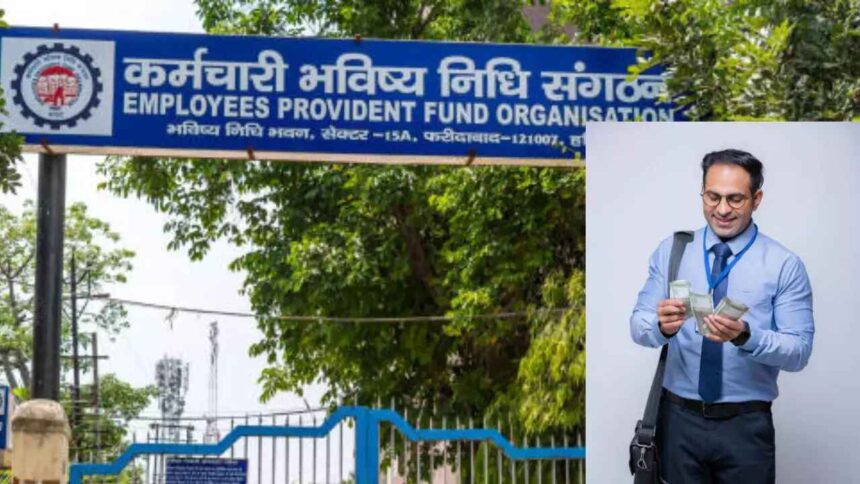For individuals engaged in private employment, contributing to the Provident Fund (PF) can be a significant boon. Recent updates from the Employees’ Provident Fund Organisation (EPFO) have brought about substantial changes in rules, promising broader benefits to employees. These modifications are poised to enhance the PF scheme’s utility, impacting a large number of workers positively.
The decision has been made by EPFO to reduce penal charges for employers who fail to deposit contributions for pension and insurance schemes on time. Previously, the penalty for such offenses was as high as 25%, but it has now been reduced to 12% annually. This adjustment represents a significant relief for employees, reducing the burden to 1% or 12% per annum, as decided by EPFO.
EPFO issued notification
According to the Ministry of Labour, a significant notification was issued on Saturday providing crucial updates. The notification states that employers will be fined at a rate of 1% per month or 12% per annum for outstanding contributions towards three schemes: EPS, EPF, and the Employer’s Deposit Linked Insurance Scheme, as mentioned in the notification.
PF employees are set to gain a substantial financial advantage, akin to a major windfall. Previously, penalties for delays ranged from 5% annually for up to two months, to 10% for delays of more than two months but less than four. Moreover, penalties escalated to 15% for delays exceeding four months but less than six. Additionally, delays of six months or longer incurred penalties up to 25% per year.
Know quickly what will happen to the employer
According to the new rules, employers will now be required to pay lower penalties for employee delays. Furthermore, penalties for delays of two months or four months will be calculated at a rate of 1% per month. Employers may see a reduction in penalty amounts that could be more than double for the employer.
According to the regulations, it is now mandatory for employers to submit the previous month’s return to the EPFO on or before the 15th of each month. Failure to do so will result in any delay being considered a default thereafter.














